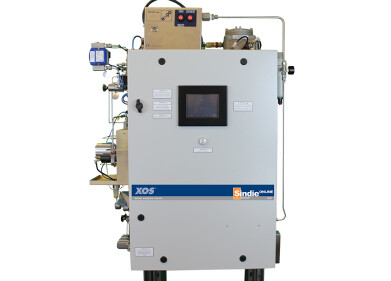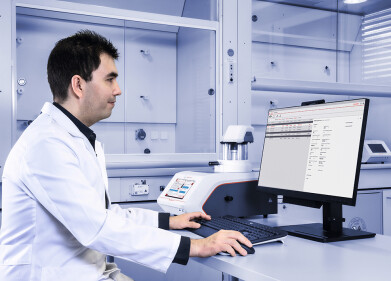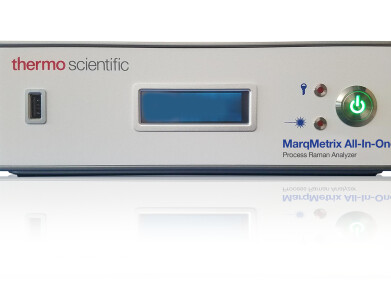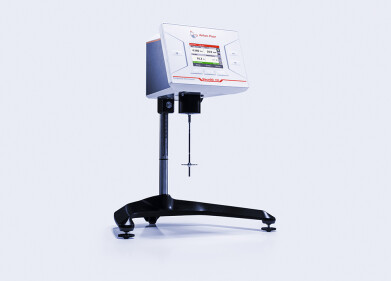Analytical instrumentation
Three New SCION GC-MS TQ Application Notes
Aug 14 2012
Three new Application Notes evaluating the merits and varying applications of the double award winning SCION gas chromatograph mass spectrometer triple quadrupole (GC-MS TQ), are now available from Bruker’s (USA) dedicated SCION product website.
This series of three Application Notes explore some of the innovative design features of Bruker’s SCION TQ, highlighting the benefits of these features with data. The Application Notes include:
Evaluation of High Speed MRM Data Acquisition for GC-MS/MS use in Multi-Residue Analysis (authored by Qingyu (Helen) Sun, Felician Muntean, Zicheng Yang and Kefei Wang, Bruker Chemical & Applied Markets (CAM) division). In this application note, the performance of the collision cell in Bruker’s SCION TQ MS is evaluated. The cell eliminates cross-talk at multiple reaction monitoring (MRM) scan speeds down to 1ms, as well producing a high quality signal. The results generated on the SCION TQ demonstrate excellent performance on MRM-based multi-residue analysis.
Optimising Quadrupole Interfaces in a Lens-free Triple Quadrupole (authored by Felician Muntean and Roy Moeller, Bruker Chemical and Applied Markets (CAM) division). A method to reduce parasitic coupling or radio-frequency (RF) cross-talk at quadrupole interfaces is the focus of this application note. A ‘lens-free decoupler’ interface cancels the cross-talk between quadrupoles without introducing a lens, thus retaining the benefits of a RF-only design such as efficiency, robustness and simple tuning.
A Compound-based Scanning Approach to Simplify Method Development and Data Processing for Multi-residue Analysis by GC-MS/MS (authored by Qingyu (Helen) Sun and Kefei Wang, Bruker Chemical & Applied Markets (CAM) division). In this application note, Bruker’s compound-based scanning (CBS) software is described with its major benefit to the user of simplified method development for multi-residue analysis on SCION GC-MS TQ, reducing substantially the time taken to setup the method development which ultimately improves productivity. The results generated on the SCION TQ demonstrate good sensitivity, excellent reproducibility and robustness in a complex vegetable matrix.
Digital Edition
PIN 25.6 Buyers' Guide
January 2025
Buyers' Guide Directory - Product Listings by Category - Suppliers Listings (A-Z) Articles Analytical Instrumentation - ASTM D7042: The Quantum Leap in Viscosity Testing Technology -...
View all digital editions
Events
Jan 22 2025 Tokyo, Japan
Jan 25 2025 San Diego, CA, USA
SPE Hydraulic Fracturing Technology Conference and Exhibition
Feb 04 2025 The Woodlands, TX, USA
Feb 05 2025 Guangzhou, China
Trinidad and Tobago Energy Conference 2025
Feb 10 2025 Point Lisas, Trinidad


















